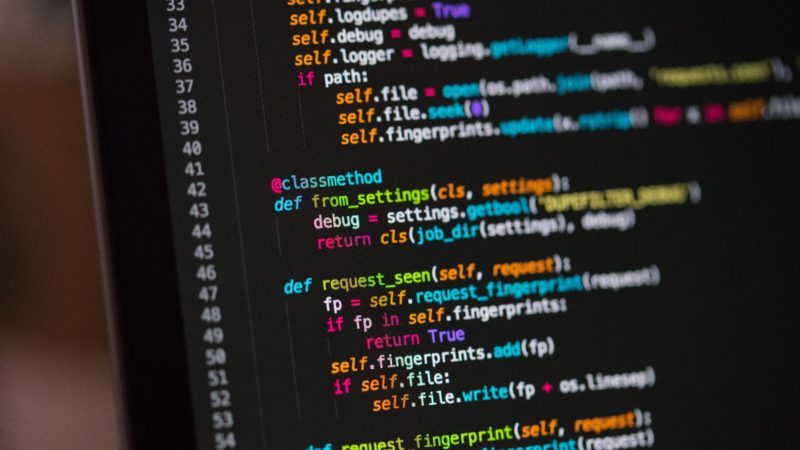
AI will be powerful enough to kill humans within just two years according to the Prime Minister’s adviser on artificial intelligence. Whilst this could happen, the reality is that by making this debate about some dystopian future it ignores the here and now challenges posed by existing uses of AI.
Labour’s Shadow Culture Secretary, Lucy Powell MP, was spot on today when she told a Tech UK audience that the government’s AI white paper is not up to the task, and already out of date only two months after being published. Labour is right to call for an urgent rethink on AI regulation; a rethink that needs to address both current and future challenges.
Nowhere are the gaps in the government’s current approach greater than when it comes to work. Digital technology and AI are already transforming how we are managed and work.
AI now has the power to hire, reward, promote and fire us, often without a human involved.
Prospect worked with the US campaigning group Co-Worker to help identify over 500 surveillance software products already being sold in the international market. Some of these are mainstream providers but there is also a Wild West of surveillance products with names like StaffCop and SpyAgent – the Ronseals of the dystopian workplace. Task allocation software can direct workers on what to do, at what speed and highlight those individuals who do not meet these targets. Keystroke software and tracking products can follow and plot optimal work patterns, but also pick out workers if they deviate from the computer-generated solutions, such as taking longer due to a road block or a customer needing additional help.
Whilst it is technology that does the monitoring, it is employers who decide to use it and what to do with what they learn from it. What goes on inside the ‘black box’ is important, as is the data they hoover up, but that should not obscure the need for accountability within organisations that choose to use this software.
It is not the technology that is the villain but the way it is used. As successive waves of industrialisation and advancement have shown in the past, the risks to our way of life are much more likely to come from how humans implement technology rather than from the technology itself.
Every day workers are already having decisions made about them by AI-powered and automated decision-making. Trade unions, like Prospect, are seeing an increasing number of grievances and disciplinaries where workers are being penalised because of decisions made through people analytics software.
One of the few rights that British workers have over how our data is used comes through privacy rights. We have a right to know whether we are being surveilled at work or if automated decisions are being made about us. Employers are required to undertake a Data Protection Impact Assessment when these new products are being introduced. Yet our current government has lumped these protections in the “red-tape” bucket and is currently planning to weaken the UK’s already inadequate protections through its Data Protection and Digital Information Bill – something Labour is rightly opposing.
Similarly, the government recently rejected creating a domestic AI regulator to help bring together rules for current and future technology, instead suggesting responsibilities should be split across a range of already over-worked and under-resourced existing regulators. This runs counter to the public’s clear support for proper regulation of how AI is used at work, as found by our latest polling conducted by Opinium.
With Lucy Powell having announced today Labour’s support for stricter rules around the use of AI, Labour is rightly seeking to occupy the space the government has left vacant – firmly on the side of workers and in tune with public concern about the use of this technology.
This is too important to leave to voluntary ethics, or to wait until international agreement is reached. Neither give much of a voice to individuals either as citizens or workers. The power of AI lies not just in the technology but also in big tech and the economic model developing it. Harms are already being done in the name of this technology. If we want to ensure humanity benefits from the potential of this new industrial revolution, we need to focus as much on the impact it is having here and now, as we do its hypothetical future problems.




More from LabourList
Economic stability for an uncertain world: Spring Statement 2026
‘Biggest investment programme in our history’: Welsh Labour commit to NHS revamp if successful in Senedd elections
James Frith and Sharon Hodgson promoted as government ministers